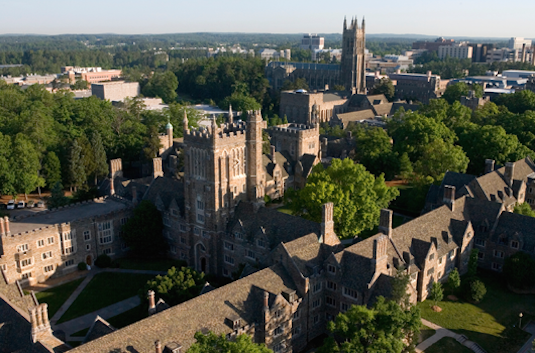Bayesian Graph Signal Processing for Ocean Sciences

A new era of pervasive data generation at sea is enabled by emerging sensing modalities and will pose new challenges to signal processing, data science, and robotics. For example, underwater robotic technology enables the development of advanced networks for underwater localization and mapping, and over-the-horizon radar sensors can dramatically increase the coverage of maritime situational awareness. Bayesian graph signal processing is a promising approach that can yield innovative signal processing solutions. Based on this approach, we developed a holistic framework and methodology for multiobject tracking from multiple data sources that is particularly appealing for ocean sciences. For the first time, filtering and data association for randomly appearing and disappearing multiple objects are described by a joint graph. The estimation method developed on this graph can outperform existing algorithms in terms of detection and tracking performance, computational complexity, scalability, and versatility. An extension of this algorithm is able to learn unknown environmental parameters online. This talk, gives an introduction to graph-based multiobject tracking, and demonstrates the application of graph-based algorithms to datasets provided by a robotic sonar network, a volumetric 3D acoustic array, and oceanographic radar sensors.






